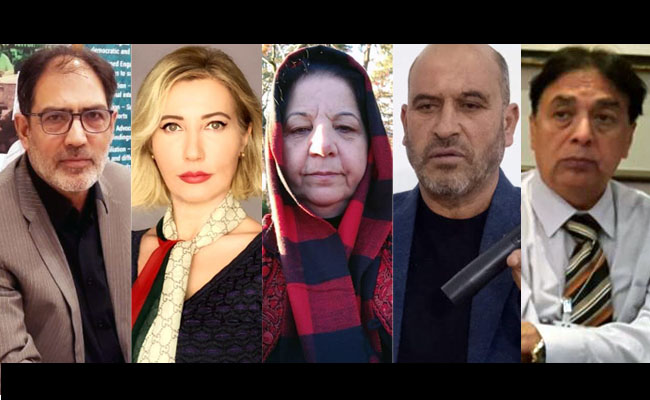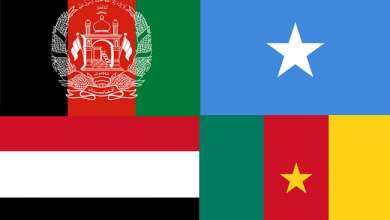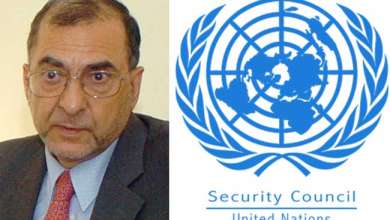Rise of settler colonialism in IoK biggest threat to Kashmiris: Speakers

Islamabad: Raising alarm over India’s hegemonic designs and its colonial policies towards Kashmir speakers at a webinar here on Tuesday termed Indian setter colonialism as the biggest threat Kashmiris have faced ever since India took control of the territory illegally way back in 1947.
The webinar titled “The Impacts of Settler Colonialism in Indian Occupied Jammu Kashmir’’ was organised by the World Muslim Congress (WMC) in collaboration with Kashmir Institute of International Relations (KIIR) on the side lines of 48th session of UNHRC. The webinar was attended and addressed by noted human rights activists, international law experts, social activists and academicians including Shahani Hamid, Nayeem Ahmed Khan, rights activist M Ahsan Untoo and others whereas the event was moderated by the KIIR chairman and WMC permanent representative Mr. Altaf Hussain Wani.
The speakers while highlighting the dangerous dimensions of the Indian setter colonialism said that abrogation of Kashmir’s special status was further evidence that Kashmir has moved from Wolfe’s first to the second model of colonialism. Pertinently, on 5 August 2019, the Indian government revoked the limited autonomy provided to Kashmir through Article 370 of the Constitution. The panellists observed that the change in the constitutional status of the state was purposely made to grant the Indian government the much needed political and legal leverage to bring material change in the region through the wholesale extermination of the indigenous populations.
Referring to the changes made to article 35 A and Kashmir’s age-old domicile law, they said, “Abrogation of these constitutional provisions have been top priority of the BJP government because the racist regime knew that these provisions were the only legal hindrances in its way to establish hegemonic control over Kashmir.
Drawing parallels between Indian apartheid regime’s imperialistic policies on Kashmir and Wolfe’s first model of colonization to the second model ,the speakers said that marginalization of majority population in Kashmir, policies of landgrab, wholesale extermination of the locals, exploitation of natural resources, rampant aggression, killings, arbitrary arrests, extra-judicial killings, forced disappearances and systematic genocide of Kashmiri youth by the Indian forces were obvious manifestations of the racist regime’s apocalyptic vision and attitude towards Kashmir and Kashmiris.
Underlining the Modi government’s communal policies, the panellists regrettably noted that the current dispensation in India viewed settler colonialism as a final solution to the Kashmir dispute. They said that the successive Indian governments have always treated Kashmir as a colony and exploited its natural resources, Killed and maimed its population through heavy militarization, with full impunity. “But the new set of rules that can be termed as constitutional terrorism have hazardous impacts including demographic changes that will fundamentally change the nature of the freedom movement, its political and religious landscape, culture, language, and identity in Kashmir”, they said adding that all these manipulations and constitutional amendments were in contravention of UNSC resolutions on Jammu Kashmir, International human rights and humanitarian law and 4th Geneva Conventions, and India’s International obligations.
Terming Indian hegemonic designs as a biggest threat to regional peace, the speakers said that it was high time that the international community and UN Human rights bodies must play their part to hold India accountable and put a halt to the current machinations of India, which pose a serious existential threat to Kashmiris.





